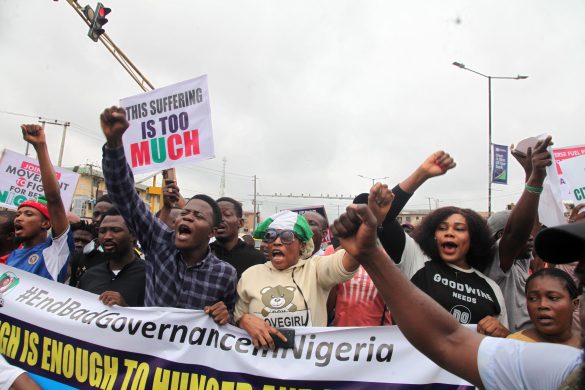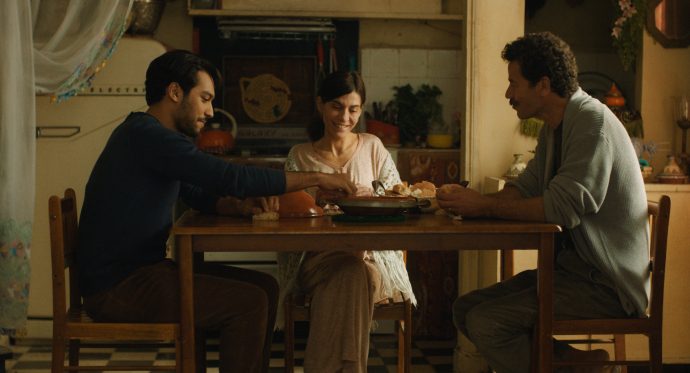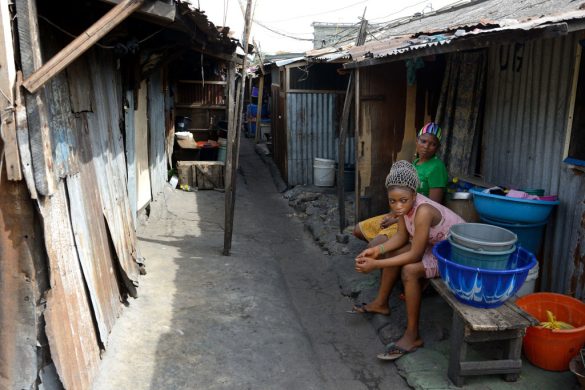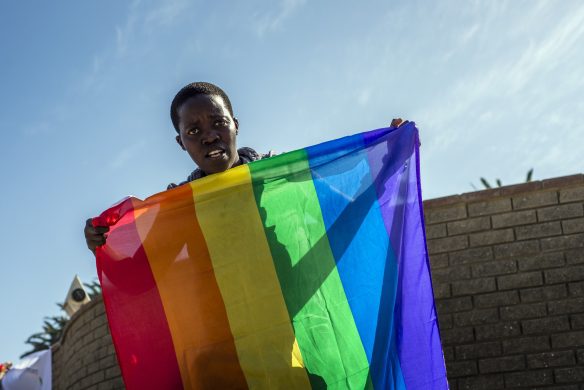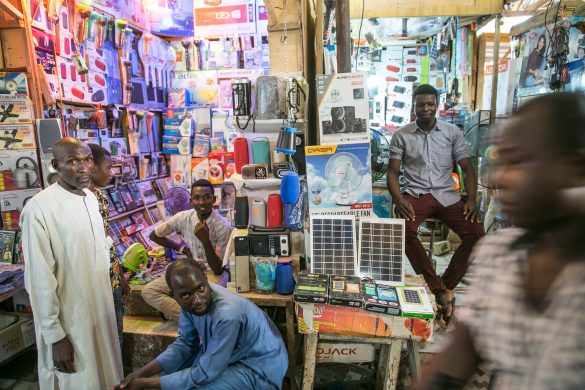NEW YORK, 19 October 2016 (UN News): After more than two years of being held hostage by Boko Haram, in northeast Nigeria, 21 Chibok girls have finally been reunited with their families, however, their return emphasizes the necessity of urgent and intensive psychosocial care, according to the United Nations Children’s Fund (UNICEF).
Gianfranco Rotigliano, Representative of UNICEF Nigeria, stated that the release of the girls is very good news, and it is nice to see them reunite with their families, however, “we must keep pressing for all the women and children held by Boko Haram to be freed.”
He also stressed that those who have been victims of Boko Haram, still have a long road to recovery, and a difficult process of rebuilding their lives after the trauma they have suffered.
UNICEF estimates that Boko Haram has abducted thousands of women and girls, including more than 200 Chibok girls in April 2014. The agency has made efforts to support hundreds of the girls and women who have been released or escaped from Boko Haram.
Many of the girls have been subjected to rape, forced marriages, beatings, and starvation, resulting in a significant number of them returning pregnant or with babies. In addition, those who return to safety are often ill, traumatized, exhausted, and in need of psychological and medical attention.
UNICEF reports that not only is it hard for the women and girls to get back to normal life, upon returning to their families, but they are also being feared of within their communities. People are scared that these girls have been indoctrinated by Boko Haram, and may be used as suicide bombers. Their children, if born as a result of sexual violence, are also very likely to face rejection and abandonment.
UNICEF has partnered up with International Alert, and for the past 10 months, has been providing psychological support to the female victims of Boko Haram’s violence, as well as promoting acceptance and addressing negative perceptions that these women and girls endure within the affected communities.
The agency’s reintegration assistance programme became possible through funding from the Swedish International Development Agency and the United Kingdom Department for International Development, providing an opportunity to help more than 750 women and girls subjected to Boko Haram-related sexual violence.
However, the issue of women and girls facing violence while being held by Boko Haram has not been eliminated yet, so the long-term provision of essential support remains heavily underfunded, according to UNICEF.



